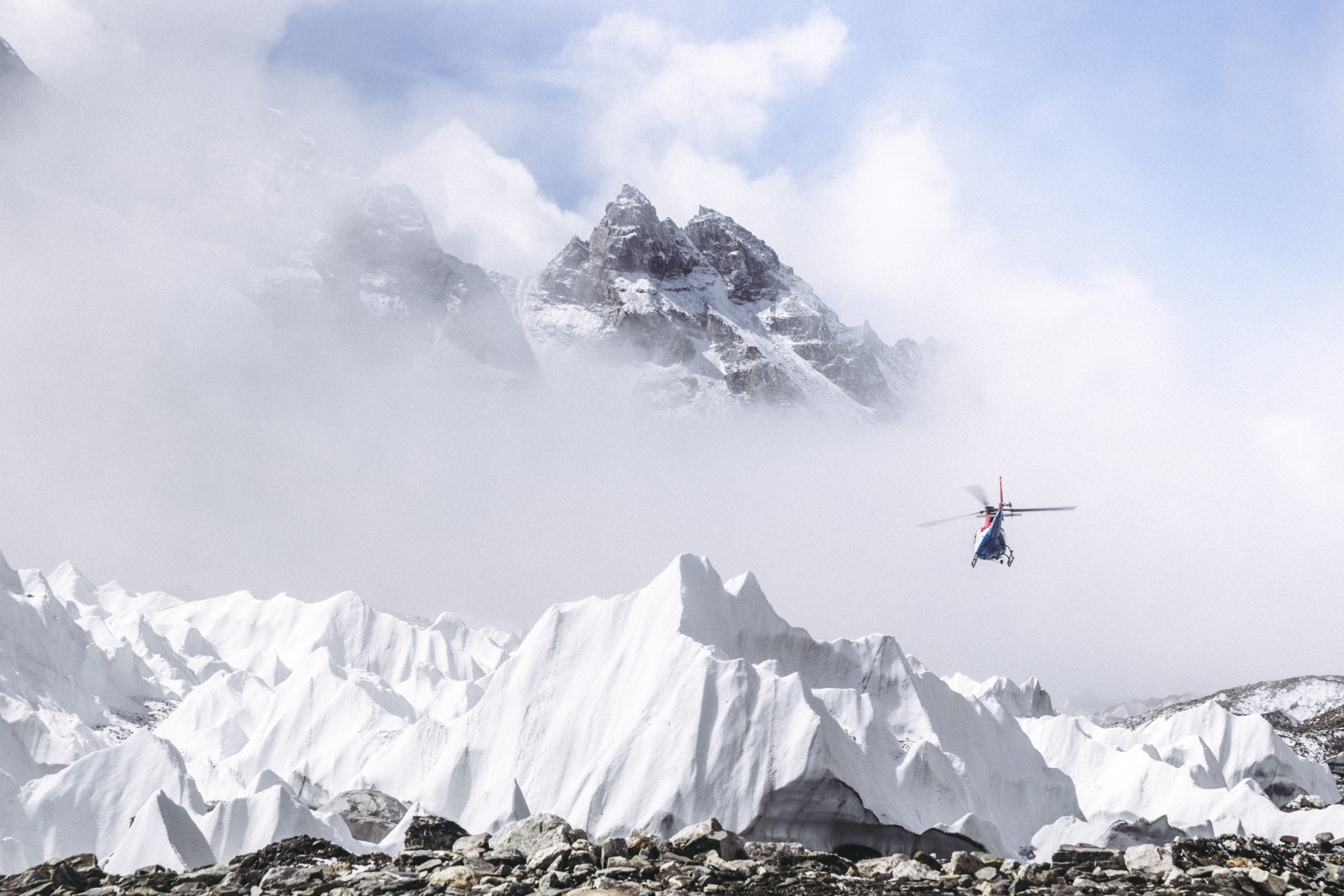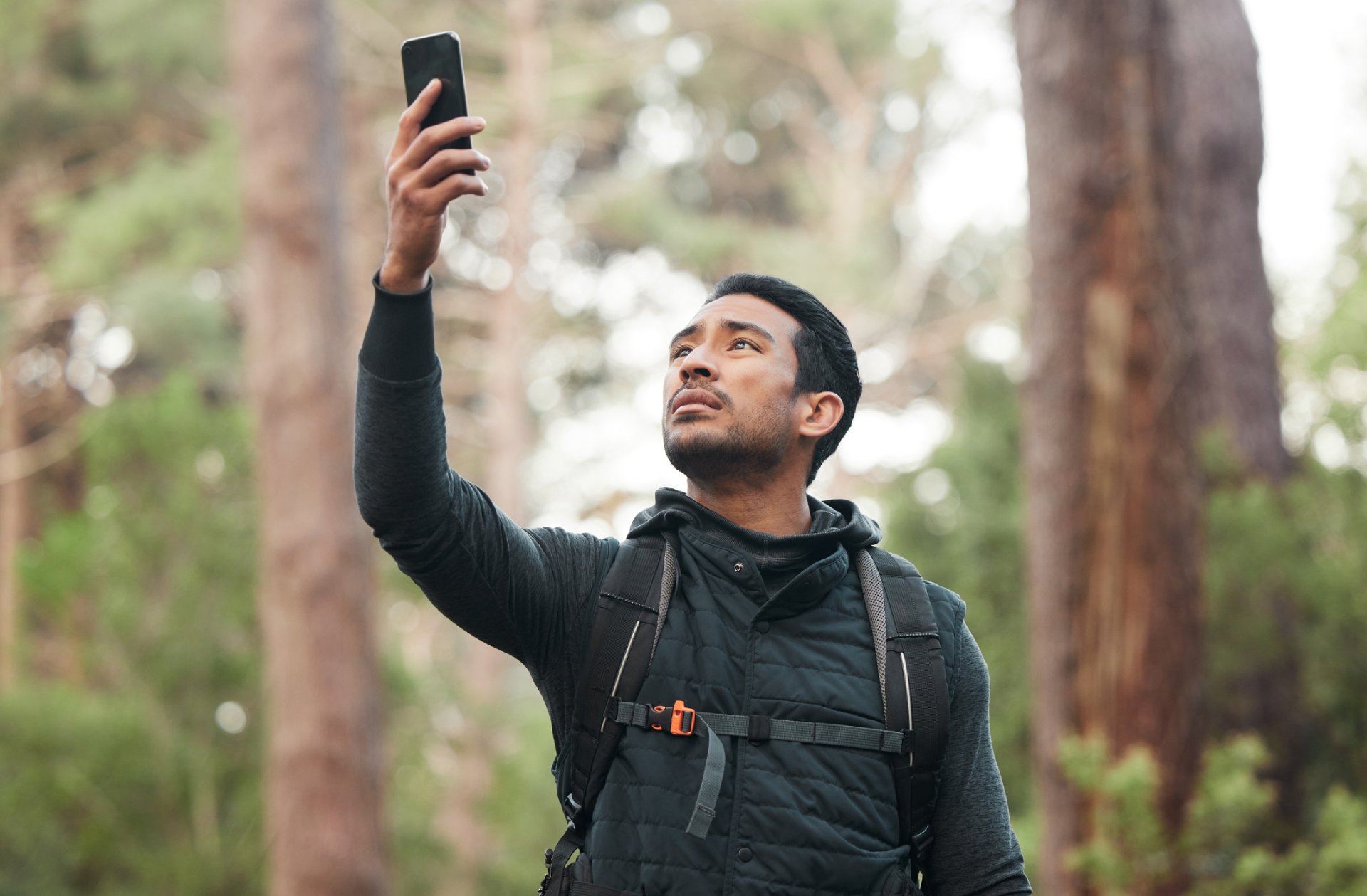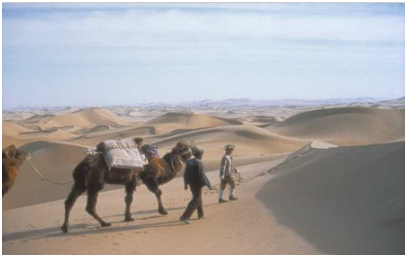Related Posts

Nov 21, 2025 6 mins read
A Life-Saving Helicopter Rescue That Ended One Climber’s K2 Nightmare

Oct 24, 2025 7 mins read
Mission Briefs: Global Rescue in Action – Issue 63

Oct 22, 2025 1 mins read
Against All Odds: High-Altitude Rescue From Everest’s Death Zone

Oct 15, 2025 4 mins read
Mission Briefs – SOS In Action: Issue 5

Sep 26, 2025 7 mins read
Mission Briefs: Global Rescue in Action – Issue 62

Sep 10, 2025 7 mins read
Sherpas, Bush Planes and Speedboats: The Wild Ways Global Rescue Gets You Out of Danger

Aug 22, 2025 14 mins read
Mission Briefs: Global Rescue In Action – Issue 61

Jul 25, 2025 4 mins read
Mission Briefs: Global Rescue In Action – Issue 60
13 Months for the Price of 12


13 Months for the Price of 12
Purchase your annual membership today and get an extra month of Global Rescue protection free.
Mobile Apps:
- Global Rescue Mobile Apps are designed for operation on the current versions of Android and iOS operating systems. Availability of services is subject to your equipment compatibility, connectivity and signal in your location. There is no guarantee that all features and functionality will be available in your location. Use and availability of the Mobile Apps are subject to your service provider’s plan and may be subject to additional fees from your provider. The download and use of a Global Rescue Mobile App is subject to the terms of your Member Services Agreement and the applicable End User License Agreement (EULA).
General TotalCare Disclaimer:
- ©2025 Global Rescue LLC. TotalCare and the TotalCare logo are service marks of Global Rescue LLC. All Rights Reserved. Global Rescue LLC provides technical and administrative services to Elite Medical Group, P.C. (“Elite Medical”), a professional corporation owned by licensed physicians that employs or contracts with physicians licensed to practice medicine where medical services are provided. It is not guaranteed that a prescription will be written, nor will any DEA controlled substances, non-therapeutic drugs and certain other drugs which may be harmful because of their potential for abuse, as a result of a TotalCare consultation. Elite Medical physicians reserve the right to deny care for potential or actual misuse of services. The Global Rescue Mobile App is designed for operation on the current versions of Android and iOS operating systems. Availability of services is subject to your equipment compatibility, connectivity and signal in your location. There is no guarantee that all features and functionality will be available in your location. Use and availability of the Mobile App is subject to your service provider’s plan and may be subject to additional fees from your provider.
Extended Plan TotalCareSM:
- For individuals 85+, medical transport is not included in membership. Members 85+ may purchase medical transport on a fee for service basis.
Mobile Apps:
- Global Rescue Mobile Apps are designed for operation on the current versions of Android and iOS operating systems. Availability of services is subject to your equipment compatibility, connectivity and signal in your location. There is no guarantee that all features and functionality will be available in your location. Use and availability of the Mobile Apps are subject to your service provider’s plan and may be subject to additional fees from your provider. The download and use of a Global Rescue Mobile App is subject to the terms of your Member Services Agreement and the applicable End User License Agreement (EULA).

